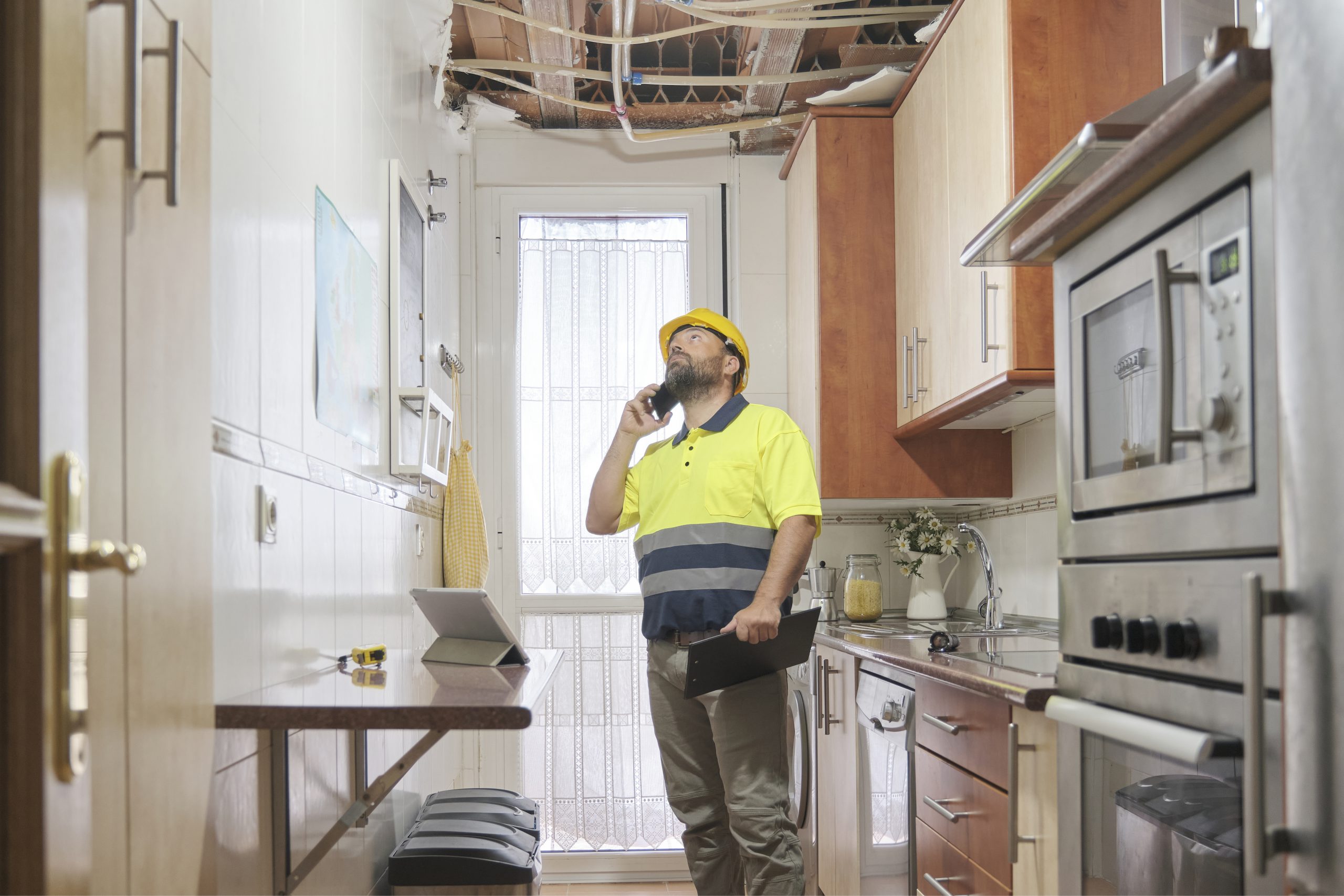
Insurance claims can be a tough part of the cleanup process if you get hit with a natural disaster.
If you live in flood, cyclone or bushfire-prone areas, it is wise to ensure you have the correct insurance cover, and that it is up to date.
Coverage in high-risk areas can also come with a hefty price tag so it will pay to shop around.
Before a natural disaster
Ensure the insurance sum is regularly updated to cover the entire home, plus its belongings, and check it covers emergency temporary accommodation, loss of income, medical injuries and trauma.
Keep digital and hard copies of insurance documents in an evacuation bag, and in a second, safe place too.
However, if copies are lost through natural disaster, simply contact the insurer.
After a natural disaster
Take photos and write up a list of all damages and injuries including those to livestock and outbuildings.
If possible, don’t remove, repair or replace any items until an insurance assessor has visited the property.
However, protect property and contents from further damage if needed, ensuring photos are taken before and afterwards.
Write a description of any forced unemployment periods.
Making a claim
Contact the insurer as soon as possible.
Homeowners in urgent financial need should tell their insurer to have the claim process fast tracked.
As part of the General Insurance Code of Practice, insurers must pay homeowners in such situations an advance amount within five business days, with this payment taken from the claim’s total figure.
The General Insurance Code also advises that insurers must decide to accept or deny a claim and notify homeowners of their decision within 10 business days.
In this time, the insurer must appoint an insurance assessor, or adjuster, and provide an initial estimate of the time required to make the claim decision.
The assessor will visit the property to check the damage before reporting back to the insurer.
If all goes well, the insurer will process the claim and confirm the property and its damages are fully covered.
The insurer will organise repairers for the damage and may use the homeowners’ choice of repairers
NOTE: The information in this article is general in nature and provided as an overview only. Always seek legal advice specific to your personal circumstances and before signing any insurance-related documents, including agreeing to claims settlements.
